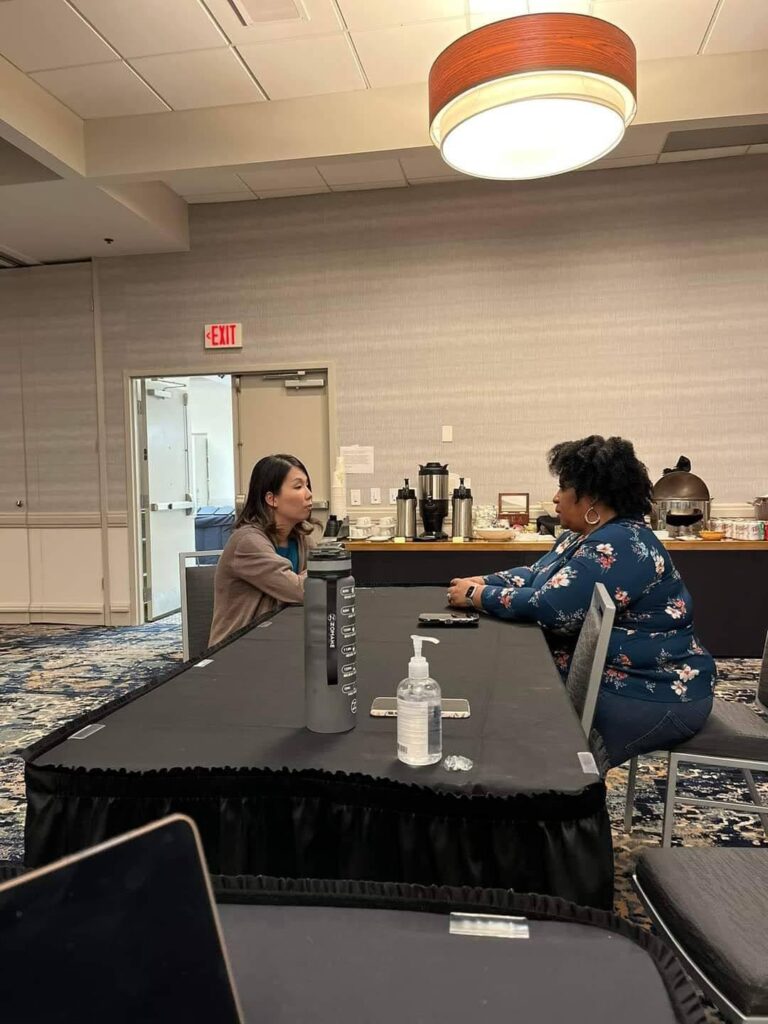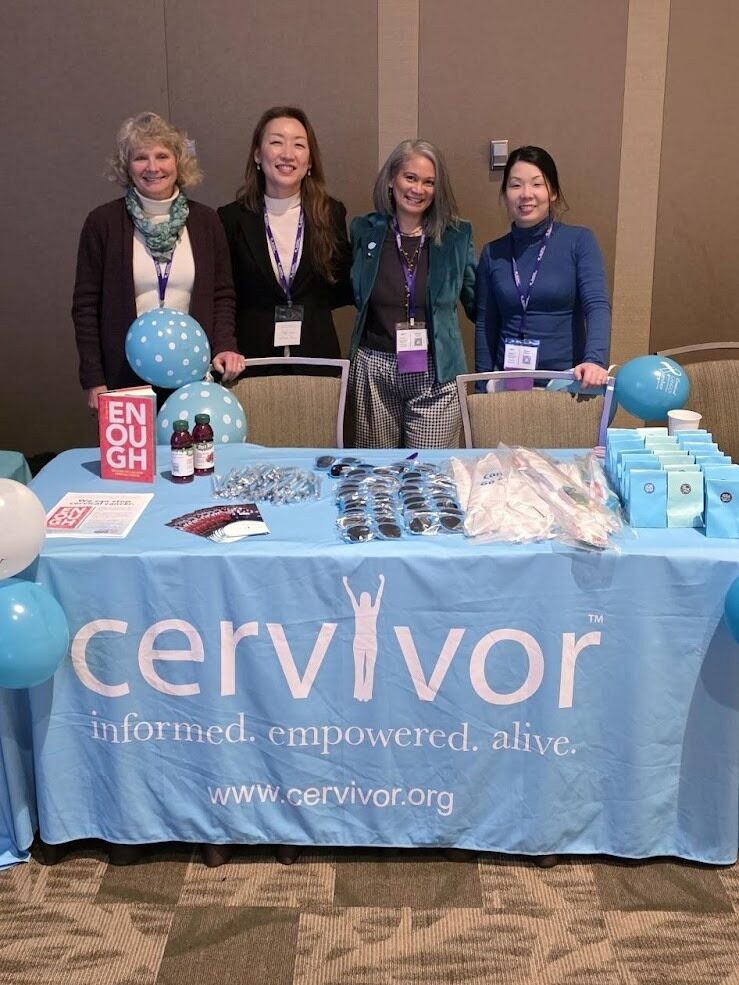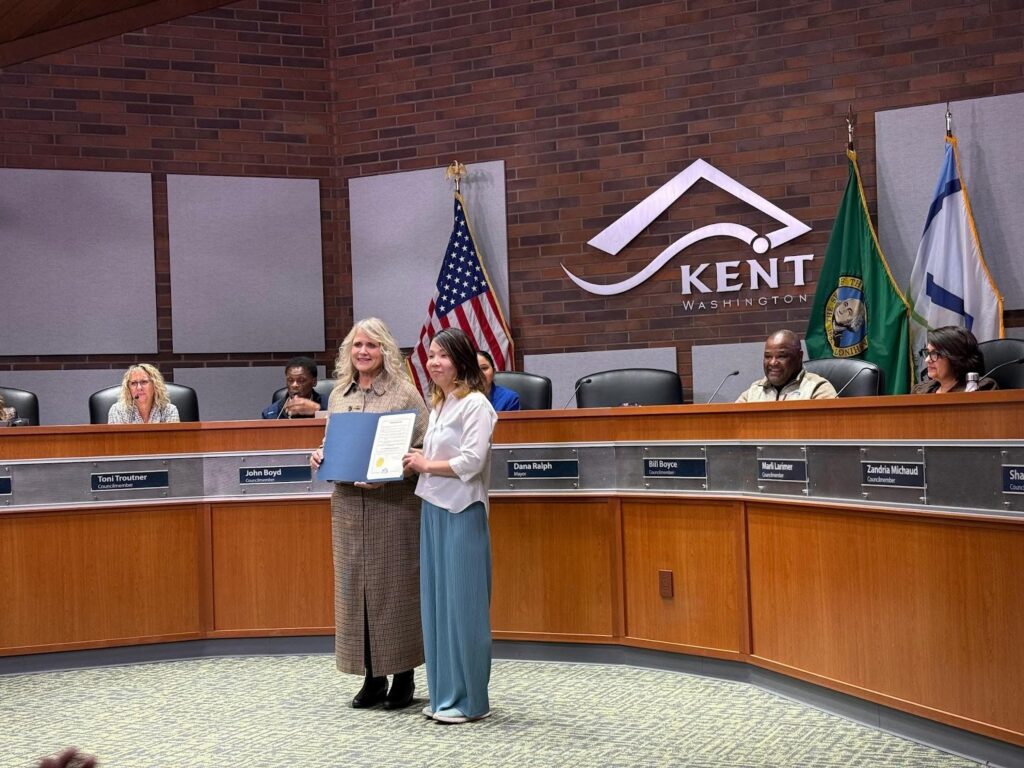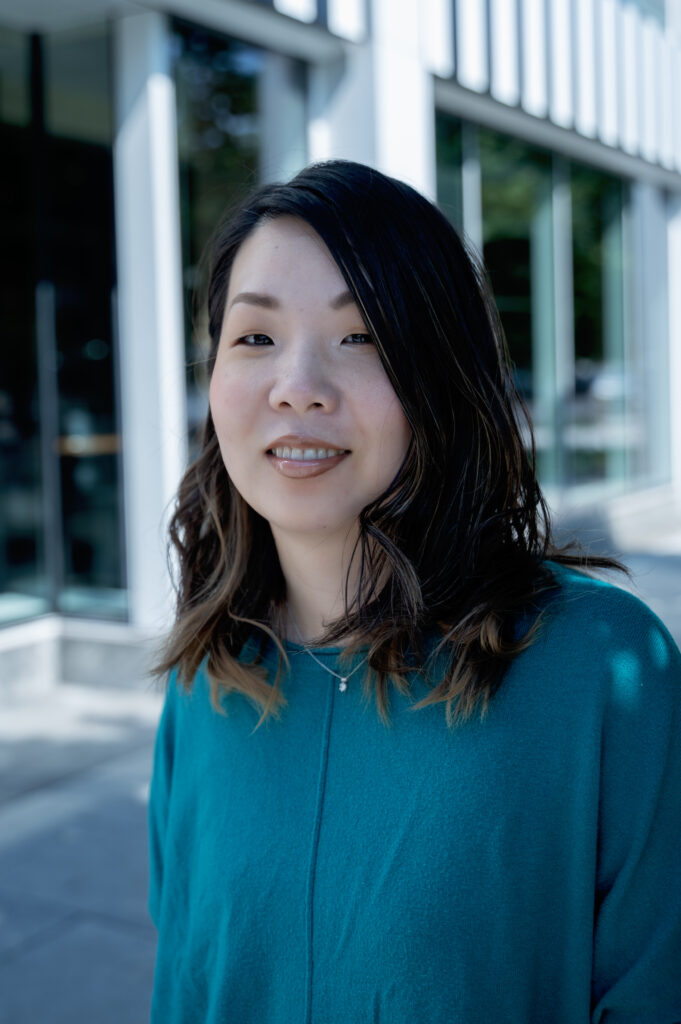This is a cervical cancer story by Virginia “Ginny” Marable. You can read her full Cervivor story here.
I never expected cervical cancer to be part of my story. After experiencing common symptoms for months and advocating for myself even when doctors brushed off my concerns, I finally got answers: I had cervical cancer. That diagnosis changed my life forever.
Cervical cancer took away my fertility and the ability to carry my own children. Through modern medicine, the unwavering support of my husband, Sean, and the generosity of others, we were eventually able to become parents to two beautiful sons through surrogacy. Becoming their mom is the greatest privilege of my life — and it’s also the reason I feel a deep responsibility to speak up for other parents.
Because prevention matters.

Recently, at my sons’ four-year pediatrician appointment, I was told they wouldn’t need any additional vaccines until age 11. I paused. As a cervical cancer survivor, I knew that wasn’t quite right. I gently corrected the doctor and shared that the HPV vaccine can — and should — start at age 9.
To her credit, she listened. We talked about the updated recommendations and the importance of accurate guidance. I was grateful for that moment — but I also left knowing something unsettling: If I hadn’t spoken up, that misinformation would have continued. And I know I won’t be the only parent hearing it.
That’s why I’m writing this.
HPV Causes Cancer — and We Can Prevent It
Human papillomavirus (HPV) is extremely common. It’s also responsible for nearly all cases of cervical cancer, as well as several other cancers that affect both men and women. According to the American Cancer Society, the HPV vaccine protects against the virus types that cause the majority of HPV-related cancers.
This vaccine doesn’t treat cancer. It prevents it.
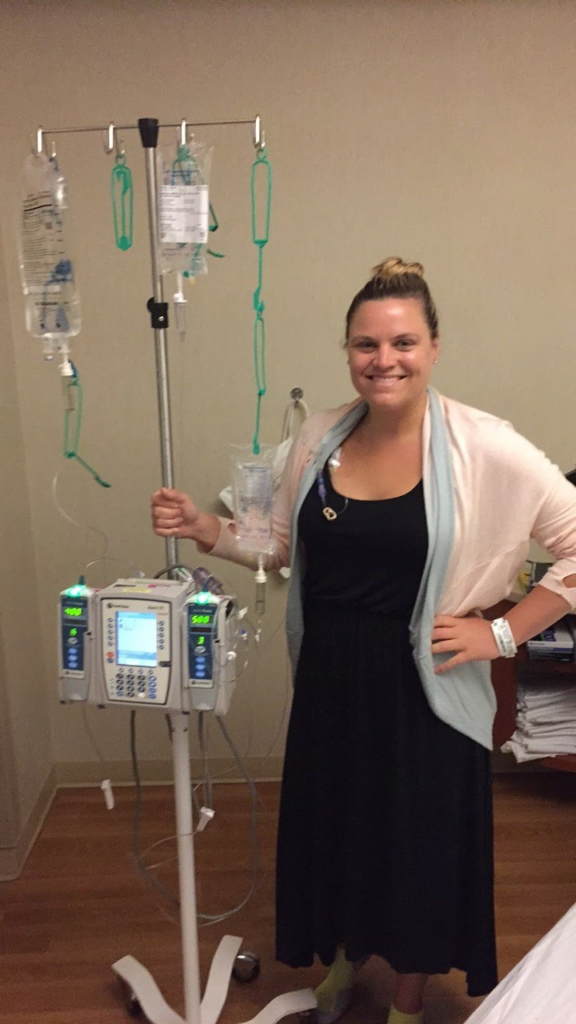
Age 9 Isn’t Too Early — It’s Optimal
Here’s the misconception I want to clear up once and for all:
➡️ The HPV vaccine is recommended to start at age 9 for both boys and girls.
➡️ Earlier vaccination leads to a stronger immune response.
➡️ The vaccine works best before any possible exposure to HPV.
This recommendation has nothing to do with sexual activity. It has everything to do with biology, timing, and cancer prevention.
Waiting until later — or assuming it’s something to think about “down the road” — can mean missing the window when the vaccine is most effective.
Why I’m Speaking Up Now
I know firsthand what cervical cancer can take from you — physically, emotionally, and permanently. I also know that misinformation, even when well-intentioned, has real consequences.
As a mom, I want my children protected.
As a survivor, I want fewer families shattered by preventable cancer.
As a parent speaking to other parents, I want us to have the right information.
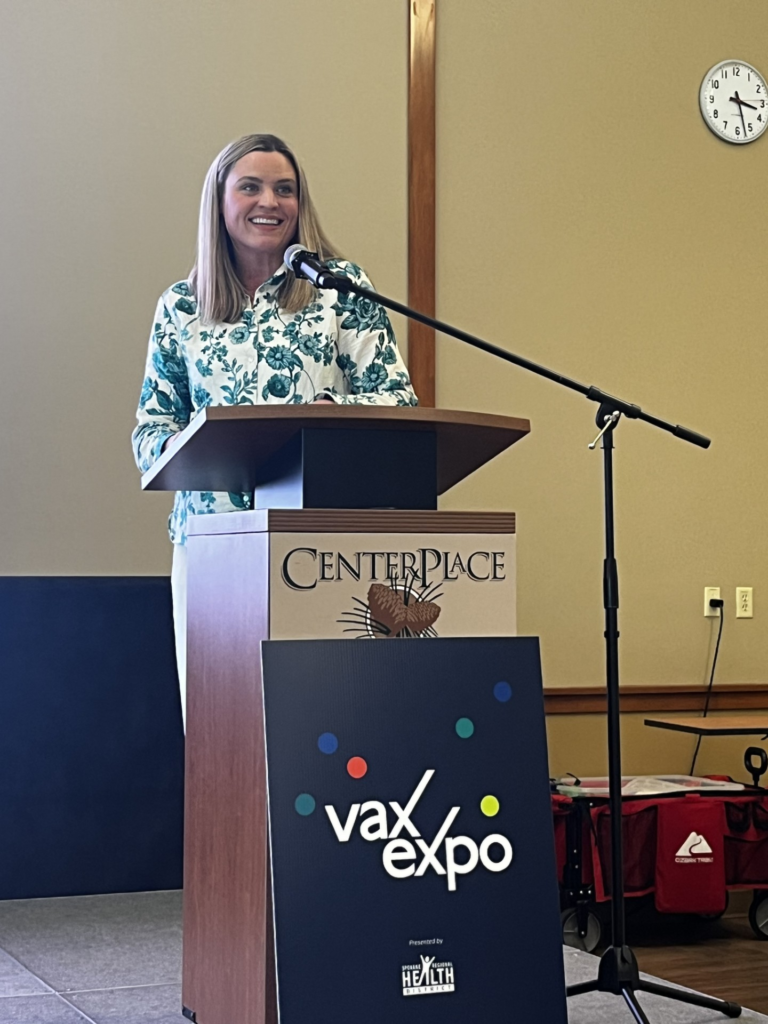
So please ask your pediatrician about the HPV vaccine. Don’t wait.
Know that starting at age 9 is not early — it’s smart. Modern medicine gave me a second chance at motherhood. Let’s use it to give our children a future where HPV-related cancers are rare — not routine.
About the Author
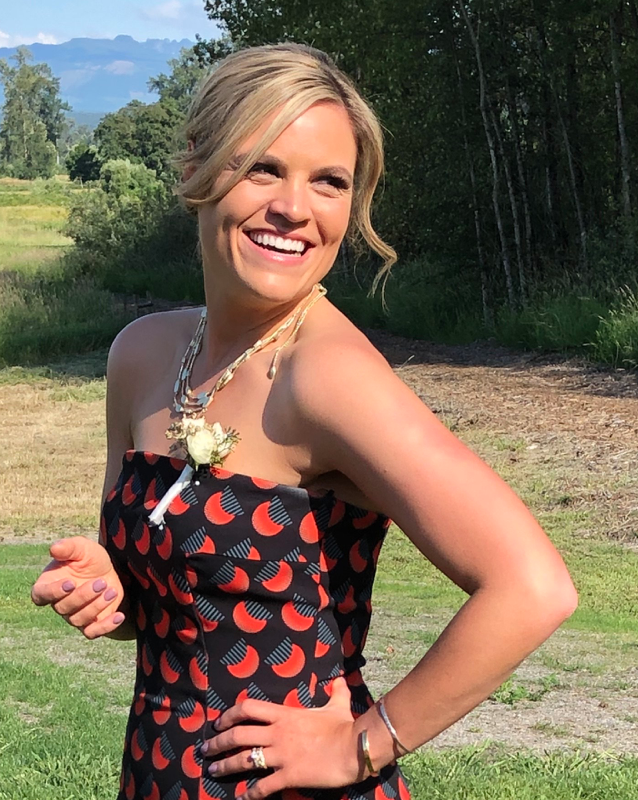
Virginia “Ginny” Marable is an eight-year Stage 2B cervical cancer survivor, Cervivor Ambassador, Patient Advocate, and a health and wellness enthusiast. She is passionate about supporting and raising awareness within the cervical cancer community and beyond, with a focus on taking charge of one’s health, alternative paths to parenthood, and surrogacy. Ginny believes kindness is a superpower and enjoys cooking, traveling, and spending time with her family. A Seattle native and graduate of the University of Puget Sound, she now lives in Portland, Oregon, with her husband, twin boys, and their dog, Bear. She is also an HR executive and leadership coach.



